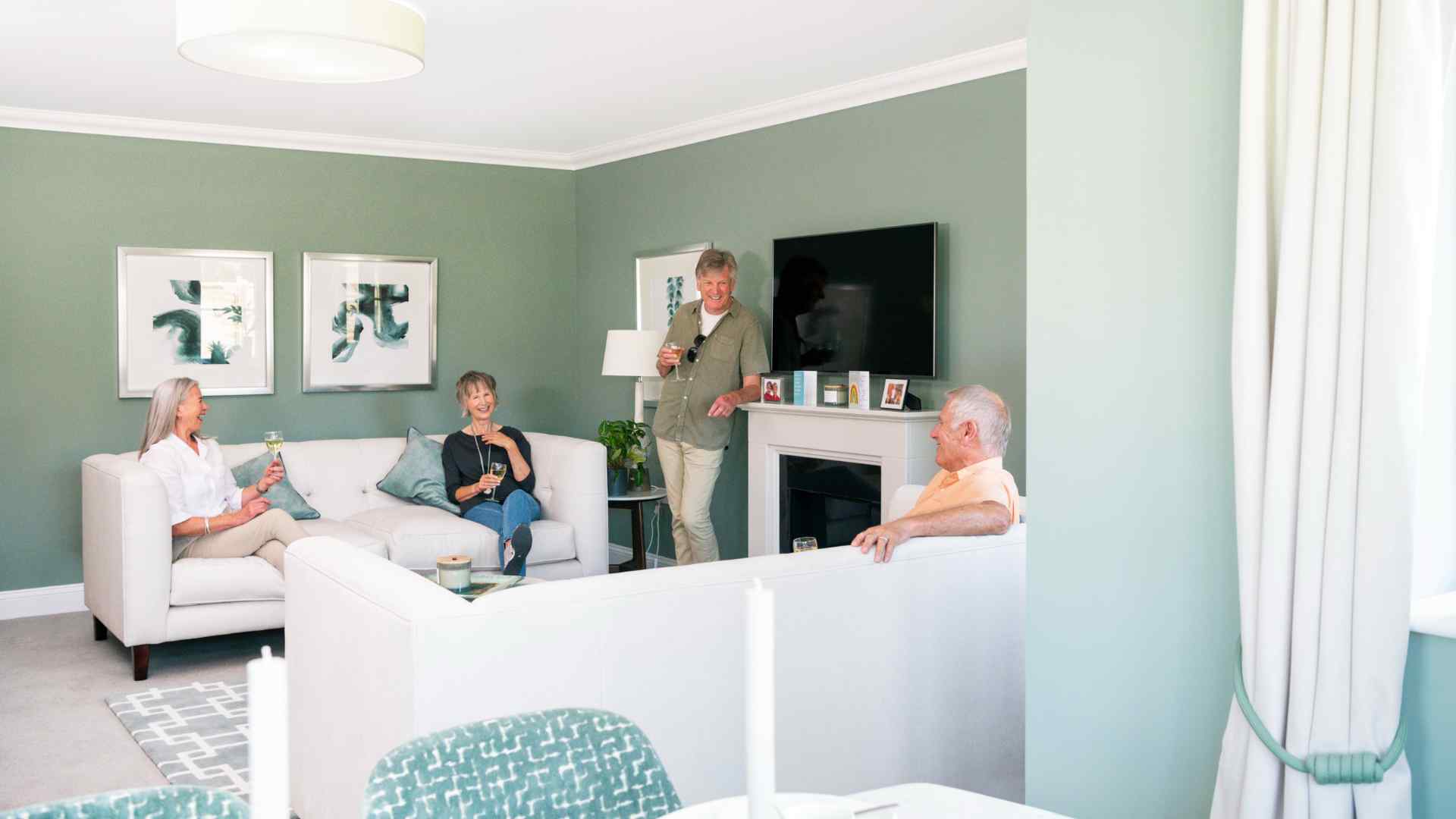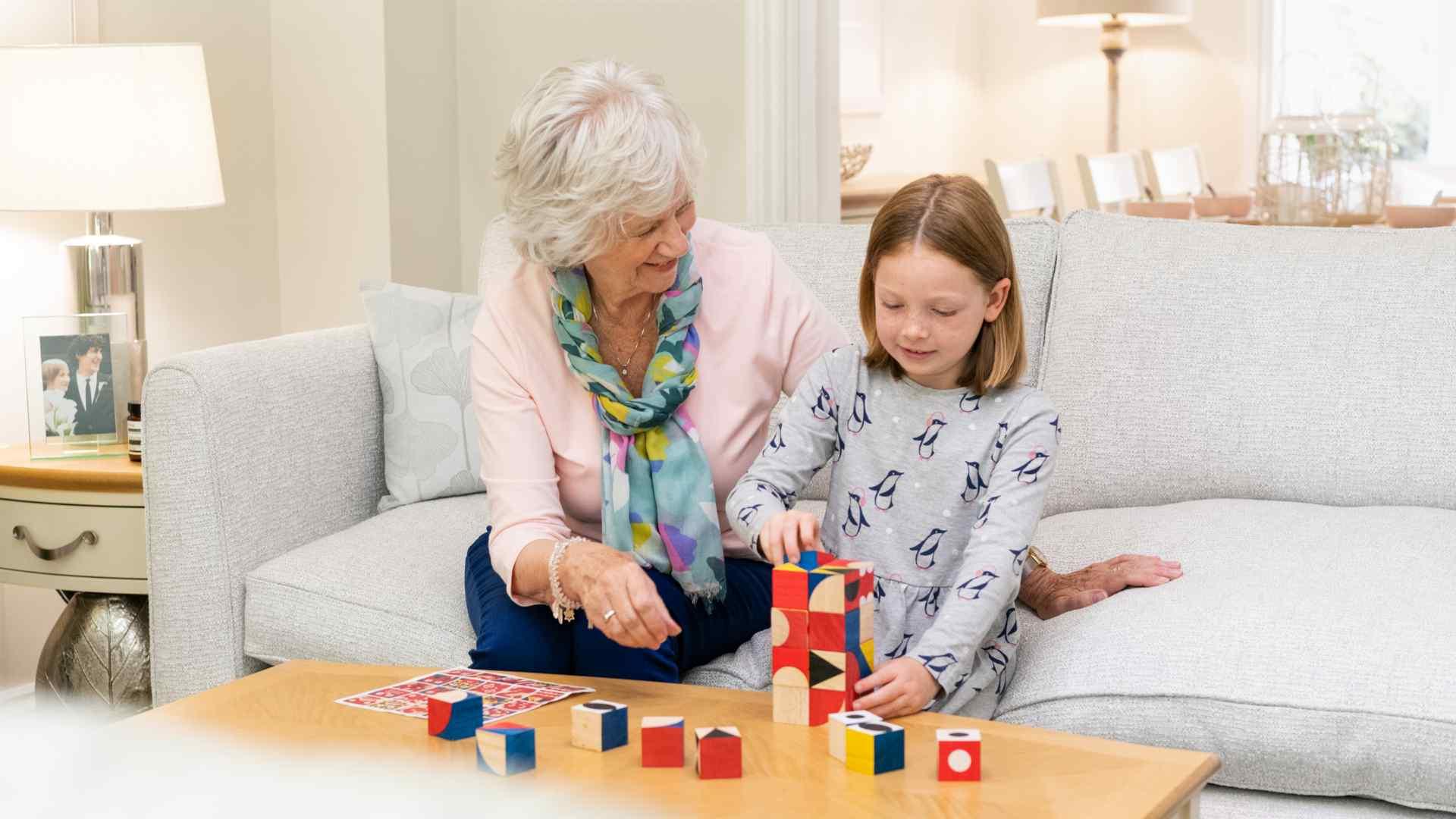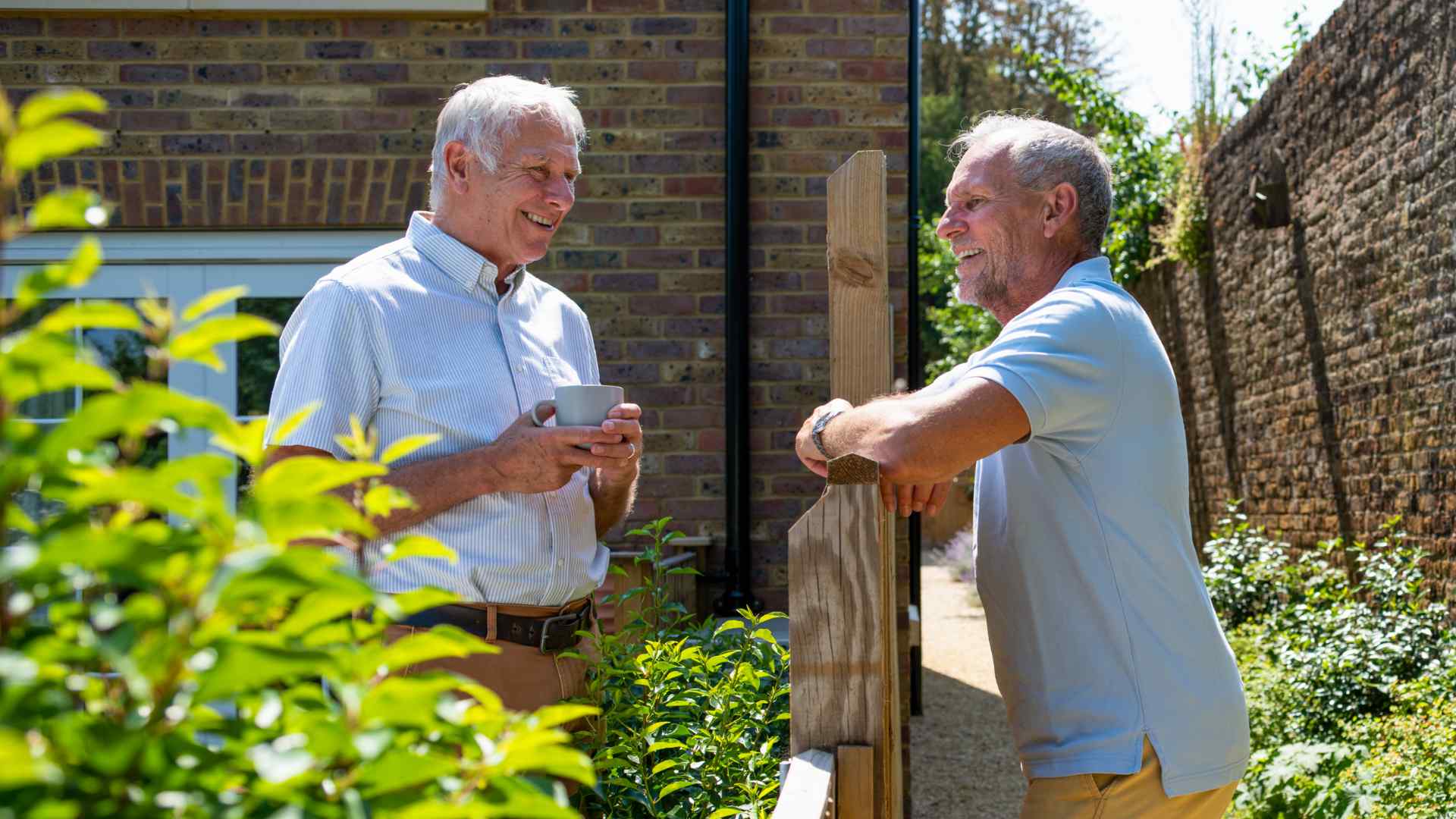


According to the dictionary, retirement is ‘…to withdraw from one’s position or occupation or from active working life.’
For many people, retirement is a financial question – can you afford to retire? In reality, as we will see in this article, it isn’t quite that simple. There are physical and emotional reasons that also affect the decision to retire or to work beyond pension age.
This isn’t an easy question to answer because it all depends on your circumstances, your physical condition, your emotional state, your hopes and expectations and your financial situation.
Whilst some people can’t wait to retire – and do so in their 50s or earlier, others carry on working well into later life. The question you need to ask yourself is ‘is it the right time for me, personally, to retire and, if I do so, will I be able to manage financially?’
Sun Life recently carried out a survey of 1,000 people of whom 29% were retired, 23% working full time, 11% working part-time/semi-retired, 8% unemployed and 3% self-employed.
The findings show that the average age for retirement is 59 but those still working are aiming to retire at an average age of 64 suggesting many people over 50 want to continue working for longer. Of those who had already given up work, 18% - which is almost one in five people - thought they retired too soon and only 6% thought they had retired too late.
Another survey carried out by financial research company, Fidelity Investments, asked 2,000 adults in the UK (aged 25-75) about their retirement planning and expectations. The results show that the average age people expect to stop working is 59 but not everyone plans to retire at a fixed point in time. 86% said they would retire when they felt old or not needed at work and 69% said they wanted to leave work before getting too old. Whilst 71% of women planned on retiring at 60 or before, the figure was only 58% of men.
The results of surveys such as these indicate that:
1. You need to consider what is the right time for you personally to retire – one in five people retired early and regretted it.
2. There was no single common reason for wanting to retire early but rather each individual made the decision based on multiple factors.
Of those wanting to retire early:
Of those who said they wanted to continue to work after state pension age:
Whether you can you afford to retire depends entirely on you and your circumstances.
You need to think about basic living costs – if you have a mortgage, what service charges you pay, the rising cost of utilities, the cost of your car, home maintenance and repairs, long term health care and the costs of travel or hobbies. Financial experts generally suggest that you need 70% of your pre-retirement income to live comfortably.
In February 2021, Which? Carried out a survey to find out how much people spend in retirement. The responses showed the amounts varied depending on lifestyle and whether they were living alone or with a partner.
Retired single people spent:
Retired couples spent:
Essential lifestyle spending just covered the basics: food, clothes, and housing. Comfortable lifestyle spending featured a few luxuries: European holidays, hobbies, and eating out. While luxury lifestyle spending also included things like long-haul holidays and a new car every five years. The results suggest retirement can be more affordable when costs are shared with a partner (on average 32% less per person).
If you have savings and a good company pension, it could well be a good time to retire. The following, however, are all considerations you may wish to take into account.
To release equity and make savings on your living expenses, consider downsizing your property or moving to a new home that requires less maintenance and could substantially reduce your energy bills. If you’re paying for a property that is too large for your needs, with high bills and high council tax rates, you could sell to help fund your retirement.
If you want to make savings, perhaps downsizing to release equity and moving to a new property that requires less maintenance and may substantially reduce your energy bills may help with your retirement fund.
You will need to understand your own pension arrangements and a good starting point is to check how much your State Pension is worth and when it will be payable and this can be done on www.gov.uk/check-state-pension. Then take the time to look at any other private and employment pensions you have. Typically, the minimum age for taking a pension is 55.
If you have any investments such as stocks and shares or any property, this could help fund your retirement.
You might consider taking some low-key work – part-time consultancy or working in retail to boost your income. You can claim your state pension and keep working but you need to bear in mind that your state pension is taxable so when added to your earnings it may put you into a higher tax band – although when you reach state pension age, you won’t have to pay National Insurance contributions even if you keep on working.
Taking into account, all the physical, emotional and financial aspects of retirement, before asking ‘when is it time to retire?’ it would be wise to ask yourself the following questions and if ‘yes’ is the answer to more than a couple of them, it could well be the time for you to retire.
Physical signs it's time to retire:
Emotional signs it's time to retire:
Financial signs it's time to retire:
Here at Beechcroft, our luxurious retirement developments are desirable places to spend your retired years.
And downsizing can come with many benefits, read our extensive guide to discover some of the key reasons why it could enrich your life.
Ready to move to a new retirement property? Browse our current and forthcoming developments by clicking on the link below.
7 April 2025
From beautiful landscapes to excellent transport links, Kent offers the best of both worlds - convenience and charm - along with…
Read more17 March 2025
Research certainly suggests that it may well be…
Read more17 February 2025
After a lifetime of hard work, retirement should be something to celebrate, a time when you’re able to do things you enjoy most…
Read more





